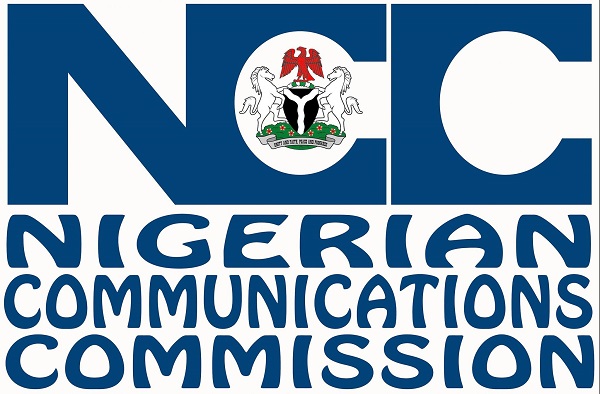…prohibits Nigerians under 18 from registering, owning SIM cards

The Nigerian Communications Commission (NCC) has engaged stakeholders in the telecoms sector in a public inquiry to review and validate three regulatory instruments in Nigeria.
Speaking at the meeting in Abuja, the NCC executive vice-chairman, Prof. Umar Danbatta, itemized the instruments as the Registration of Telephone Subscribers Regulation; the SIM Replacement Guidelines and the Spectrum Trading Guidelines.
Science Nigeria gathered that the commission, under its modified Registration of Telephone Subscribers Regulations, ruled out the possibility of minors from owning or registering a subscriber identification module (SIM) card.
The commission’s website provided guidelines for the acquisition of SIM cards in Nigeria and the window period for SIM activation (60 days).
Addressing stakeholders during the inquiry, Danbatta said the first instrument – the Registration of Telephone Subscribers Regulations – provides a regulatory framework for the registration of subscribers of communications services utilizing subscription media, while the second instrument, SIM Replacement Guidelines, provides guidelines for the standards and procedure which network service providers (NSPs) are expected to adhere to in the process of conducting a SIM replacement, swap or upgrade. It is pertinent to add that the commission has also introduced Business Rules for SIM registration and SIM replacement to further ensure that the process for SIM activation and replacement is seamless.
He added that the third instrument, the Spectrum Trading Guidelines, seeks to promote certainty and transparency in the processes of the commission by outlining the detailed procedures and conditions for spectrum trading in the Nigerian communications sector. The availability of spectrum frequency is a necessary element in the deployment of the Fifth Generation (5G) technology in Nigeria. Furthermore, the recent approval of the 5G Deployment Plan by the Federal Government makes this process expedient.
“The public inquiry is a precursor to the commission’s current drive towards ensuring that frequency spectrum is readily available to licensees through a rapid and effective process. Also, because of the resolve of the Federal Government to tackle insurgency and insecurity through citizens’ identity management, it has become necessary to ensure that the provisions of the Registration of Telephone Subscribers Regulations and SIM Replacement Guidelines align with the National Identity Policy for SIM Card Registration and related activities.
“It is also important to state that the revision of both instruments is geared towards ensuring a more secure and robust process for the registration/activation and replacement of SIMs.
“We expect that this review will ensure a more robust framework for the registration of subscribers of communication services, improve the standards and procedures for SIM replacements and ensure effective and efficient utilisation of frequency spectrum,” he added.
Earlier, in his address, the NCC executive commissioner, stakeholders’ management, Adeleke Adewolu, explained that public inquiry is an avenue that enables the commission develop and review its regulatory instruments by incorporating the comments and suggestions of industry stakeholders.
“The objective of this public inquiry is to engage stakeholders as part of the rule-making process set out in Section 70 of the Nigerian Communications Act 2003. We believe that this is a vital ingredient in not just developing instruments but, also, to gauge the implementation efficacy of existing instruments that are undergoing review.
“The draft of all the regulatory instruments’ regulations has been published on the commission’s website and comments from all stakeholders received and reviewed. Notwithstanding this, we hope to receive more comments from stakeholders, which would ensure that the final regulatory instruments will guide and guarantee the progressive development of the industry,” he added.


